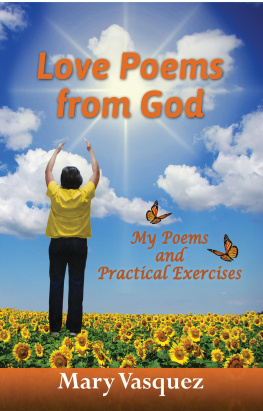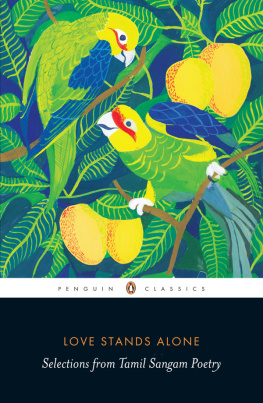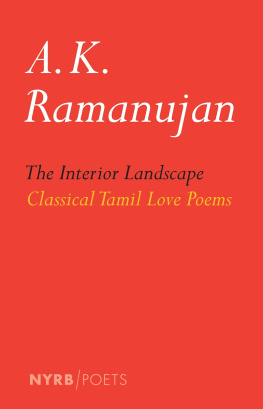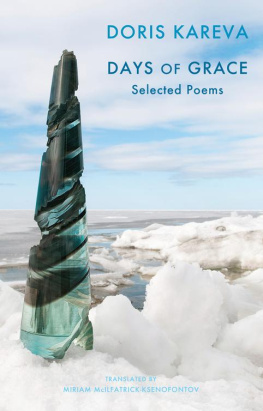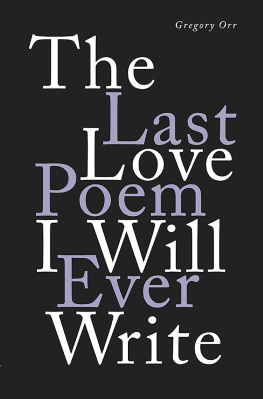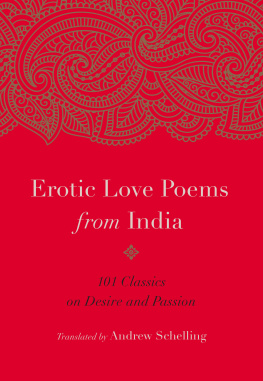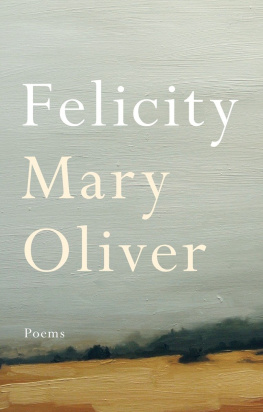THE FORM OF LOVE
THE FORM OF LOVE
Poetrys Quarrel with Philosophy
JAMES KUZNER
Fordham University Press
NEW YORK 2021
Copyright 2021 Fordham University Press
All rights reserved. No part of this publication may be reproduced, stored in a retrieval system, or transmitted in any form or by any meanselectronic, mechanical, photocopy, recording, or any otherexcept for brief quotations in printed reviews, without the prior permission of the publisher.
Fordham University Press has no responsibility for the persistence or accuracy of URLs for external or third-party Internet websites referred to in this publication and does not guarantee that any content on such websites is, or will remain, accurate or appropriate.
Fordham University Press also publishes its books in a variety of electronic formats. Some content that appears in print may not be available in electronic books.
Visit us online at www.fordhampress.com.
Library of Congress Cataloging-in-Publication Data
Names: Kuzner, James, author.
Title: The form of love : poetrys quarrel with philosophy / James Kuzner.
Description: First edition. | New York : Fordham University Press, 2021. | Includes bibliographical references and index.
Identifiers: LCCN 2021020242 | ISBN 9780823294503 (hardback) | ISBN 9780823294510 (paperback) | ISBN 9780823294527 (epub)
Subjects: LCSH Love poetryHistory and criticism. | Love in literature. | LovePhilosophyHistory. | LCGFT: Literary criticism.
Classification: LCC PN1076 .K89 2021 | DDC 809.1/93543dc23
LC record available at https://lccn.loc.gov/2021020242
Printed in the United States of America
23 22 21 5 4 3 2 1
First edition
CONTENTS
THE FORM OF LOVE
Can poetry articulate something about love that other fieldssay, philosophy or theologycannot? To pose the question, and to show how such an antiquated question remains worth posing in the first place, I want to open with a well-known sonnet of John Donnes, often called Batter my heart:
Batter my heart, three persond God; for you
As yet but knocke, breathe, shine, and seeke to mend;
That I may rise, and stand, oerthrow mee, and bend
Your force, to breake, blowe, burn and make me new.
I, like an usurpt towne, toanother due,
Labour toadmit you, but Oh, to no end,
Reason your viceroy in mee, mee should defend,
But is captivd, and proves weake or untrue,
Yet dearelyI love you, and would be lovd faine,
But am betrothd unto your enemie,
Divorce mee,untie, or breake that knot againe,
Take mee to you, imprison mee, for I
Except youenthrall mee, never shall be free,
Nor ever chast, except you ravish mee.
In certain respects, the sonnets content fits well with ideas, common in early modern theology, about divine love, the weakness of human will, and a loving bondage that brings liberty. As a sinful creature, the speaker cannot find freedom on his own. He tries to employ his facultieshis
Then again, closer attention to the sonnet yields less settled senses of its love. Richard Strier, for instance, points out that if the opening and closing prayers suggest that the speaker needs to be utterly regenerated, much of the rest of the poem suggests otherwise. If the self merely needs to be freed from impediments (usurpations, unwilling betrothals), for instance, it does not have to be made new; if it merely needs to be divorced from an unloved mate, it does not have to be ravished into chastity. but he also refuses to imagine, no matter how many of the sonnets readers insist on imagining, the scene in heterosexual terms, with God as the man and the speaker (or his soul) as the woman. Readers, Rambuss points out, all too often prove guilty of taming Donnes poem of the very outrageousness that is surely its point (52).
I agree with Strier; the poems theology remains unresolved. I also agree with Rambuss; the ending suggests a queer theology of love. But both Strier and Rambuss read Donnes poem as an example of theological reflection, albeit a radical or radically vexed one, expressed through verse. And Batter my heart may be such an example: an attempt to discover and express truth about divine love. What else might it be? What if I read the poem otherwise and consider what it means for Donne to think not only as a (radical or vexed) theologian or philosopher, but also as a poet? Can the poem, as a poem, think distinctively about love? I think that it can.
I might, to begin, bear in mind how philosophers, poets, and critics Should love burn him, reduce him to almost nothing, so that he might be made again? Should it be truly transformative? Or should God work with whats in him, occupy the town of an already solid self?
Batter my heart raises, but doesnt answer, these questions. Of love, Lauren Berlant writes that [y]ou want incommensurate things and you want them now. And the now part is important.
This doesnt mean that Batter my heart lacks interest in the truth about divine love. Donnes speaker wants, pretty clearly, what he cannot have: to know regenerations form and feel, to know just what it is. He might enter, and seem almost to affirm, incompatible thoughts as to this. But he is not the liar that Plato accused poets of being, a figure who Donnes speaker seems pretty concerned with truth, even if his sonnet doesnt assume the form of a coherent argument, or even statement, about that truth.
Donne may also have other interests. When poetry has concerns apart from stating or proving the truth as philosophy or theology do, it can still offer other forms of knowledge, forms linked to its status as poiesis, as making. Colleen Rosenfeld shows how making and knowing are intimately intertwined in early modern poetics, such that process and product enter a kind of indistinction and a different kind of knowledge gets produced; the method of thinking characteristic of poesie, Rosenfeld argues, deals in contingencies rather than necessities, models rather than explanations. Batter my heart might attempt to know regeneration by trying on thoughts about it. Rather than offer a piece of knowledge about being made anew by love, it might enact a process by which one could come to know in the first place.
This is only a general notion, that Donnes sonnet may be less a philosophical attempt at persuasion than a poetic attempt to enter thoughts about, and create an experience of, wanting and waiting for divine love. To think more precisely about how Batter my heart thinks about love differently than theology and philosophy do, I should consider more specific differences between poetry and other modes of thought, differences that Leighton lays out (knowing well that all can be challenged when philosophy verges on being poetry, and vice versa):
there is poetry with its emphasis on the particular, and philosophy with its emphasis on the general or abstract; there is poetrys sense of form, sound, and rhythm, and philosophys sense of the truth or matter to be conveyed; there is poetrys aim to give aural pleasure, and
The degree to which philosophy and poetrys particular assumptions often distinguish work between fields may be the degree to which Batter my heart can say something about divine love that, say, the Institutes cannot: and cannot not only because of the contexts, but also because of the genres in which they were written. To show how poetry can think differently than philosophy or theology, I need to attend to form, sound, and rhythm, to the pleasure that Batter my heart offers and not only its explanation, and to the thinking that happens in language and not just through it. Jonathan Kramnick proposes that the best way to be interdisciplinary is to inhabit ones discipline fully, and in


